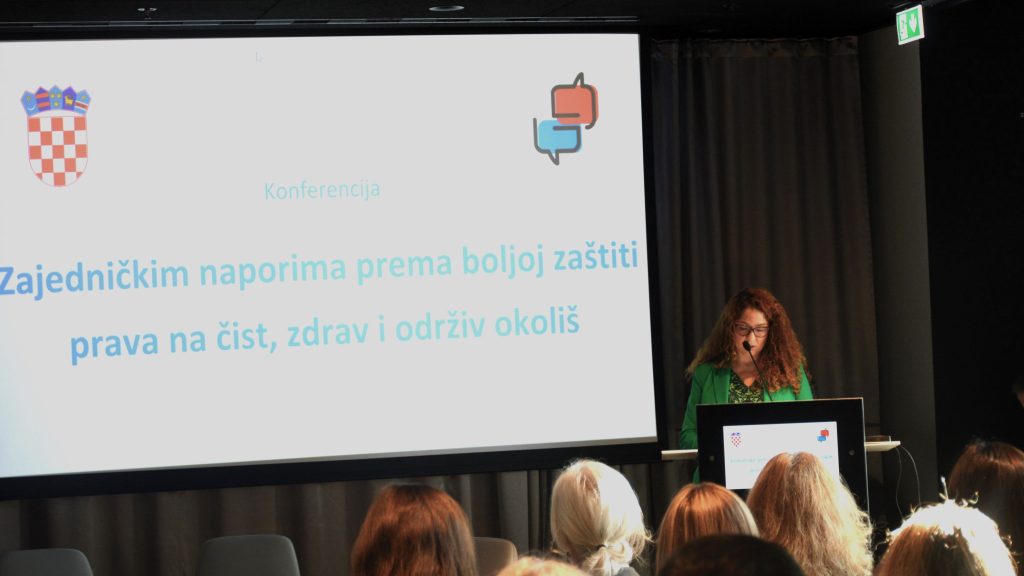Organised by the Office of the Ombudswoman, consultations with free legal aid providers from the counties of Osijek-Baranja, Brod-Posavina and Vukovar-Srijem were held in Osijek on 28 August 2025.
Alongside Deputy Ombudswoman Dijana Kesonja, the meeting brought together representatives of civil society organisations providing free legal aid, as well as representatives of the administrative departments of Vukovar-Srijem and Brod-Posavina counties.
Participants included Natalija Havelka, Mirjana Pejić and Marija Petrić from the Centre for Peace, Nonviolence and Human Rights Osijek; Marina Tadić from the Caritas Homeless Shelter Centre Osijek; Mirjana Herceg from the Women’s Association Izvor, Tenja; Mirjana Mizdrak Mišanović from the Women’s Association Vukovar; Anja Ostopanj from IPC Slavonski Brod; Jasminka Dragun, Slavko Matozan, Silvana Mijatović and Zdenka Turkalj from the Administrative Department of Vukovar-Srijem County; and Maja Kovač and Krunoslav Požgain from the Administrative Department of Brod-Posavina County.
During the consultations, participants discussed their experiences in providing free legal aid to citizens, identified challenges faced by both providers and beneficiaries in practice, and offered proposals for improving the free legal aid system.
Civil society organisations that provide primary free legal aid pointed to ongoing financial challenges, though they noted that the introduction of a three-year funding programme had led to some improvement. However, they stressed the importance of timely disbursement of allocated funds and the need to avoid delays at the start of each new three-year funding period in order to ensure the continuity of their work. Unfortunately, providers of primary free legal aid are often forced to secure additional funding to maintain continuous operations, which frequently includes field work to reach citizens living in remote and rural areas of Croatia.
Representatives of county administrative departments shared their experiences in handling applications for secondary legal aid, as well as the challenges some of them face in providing primary legal aid.
Special attention was also given to ensuring the availability of legal aid to citizens in remote parts of the country, the need for timely and adequate secondary legal aid, and the importance of further strengthening the capacities of free legal aid providers.
Deputy Ombudswoman Kesonja underlined that an effective system of free legal aid is essential for the protection and realisation of citizens’ human rights, regardless of their financial status. Financial barriers, she noted, prevent some citizens from accessing the justice system, which is a fundamental principle of the rule of law, and thereby also undermine equality before the law and public authorities.





